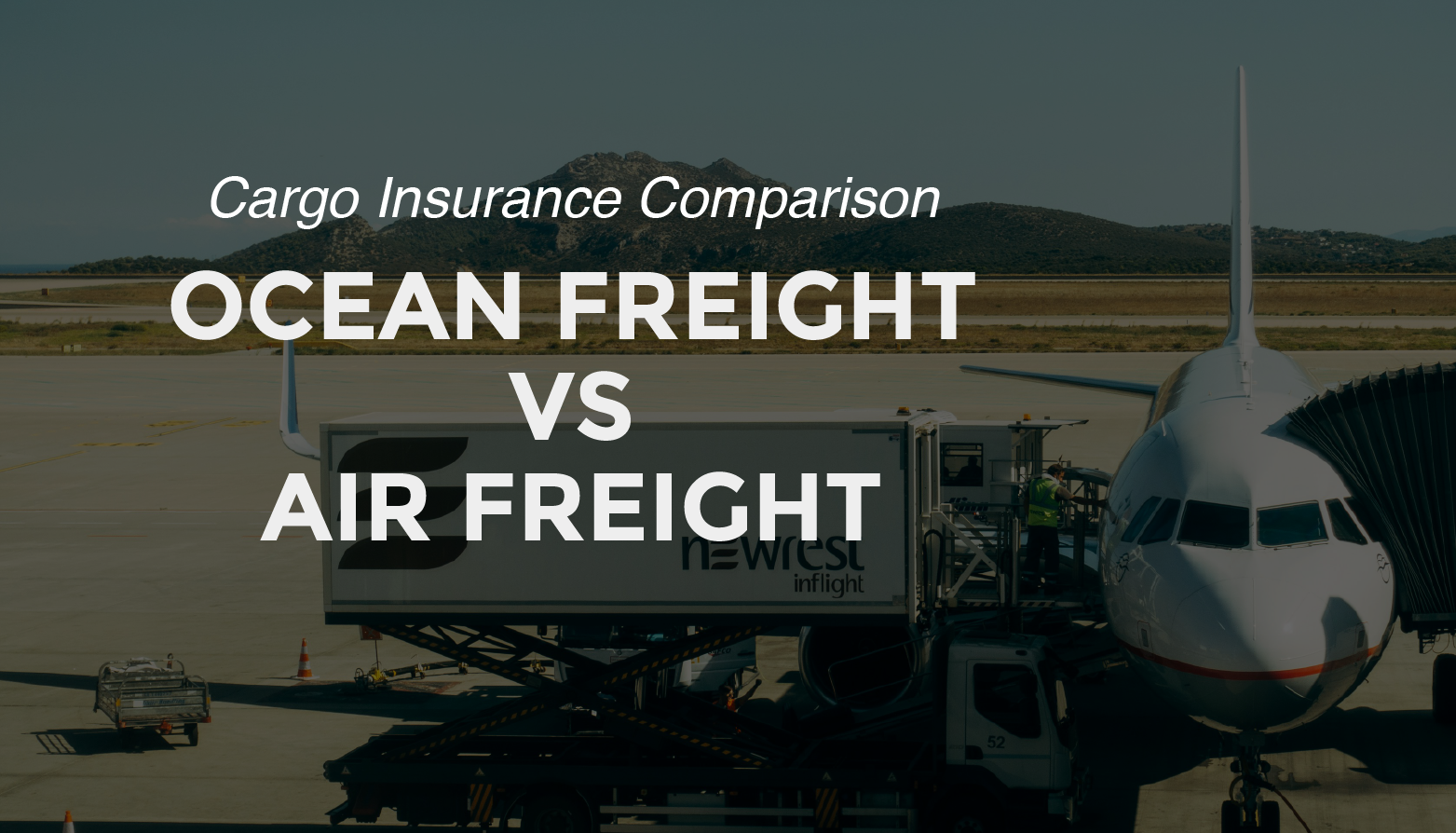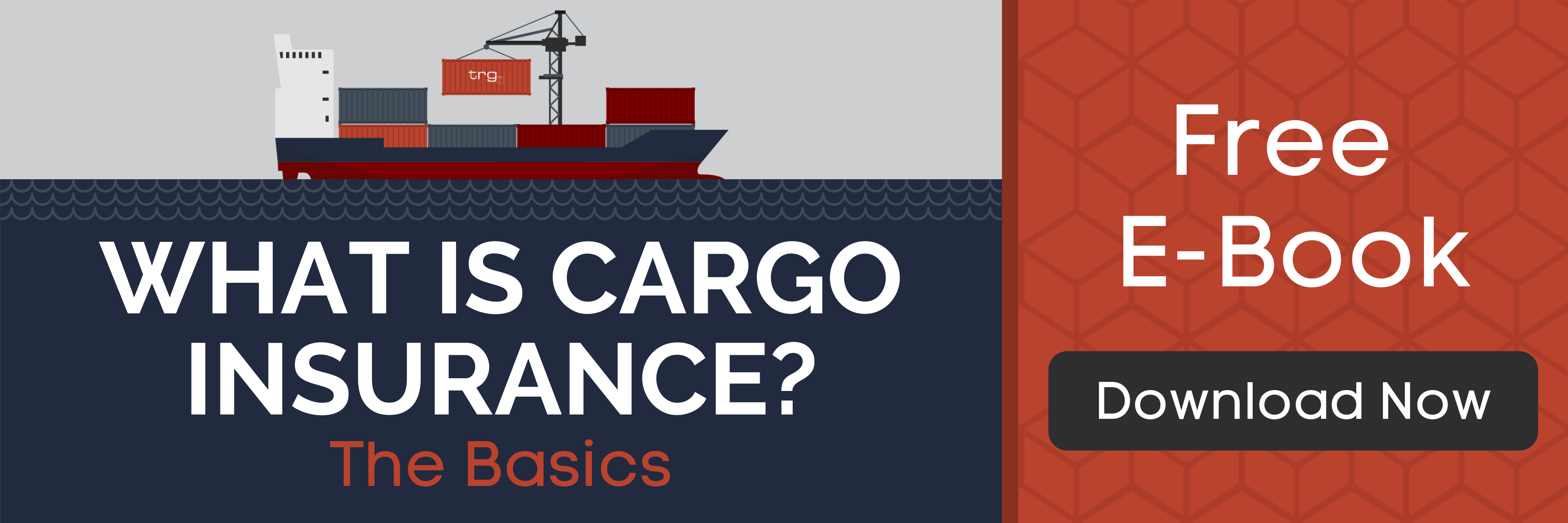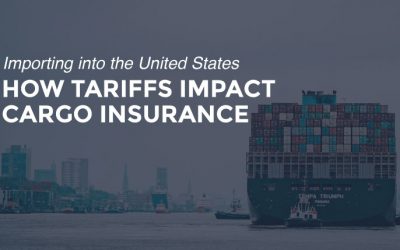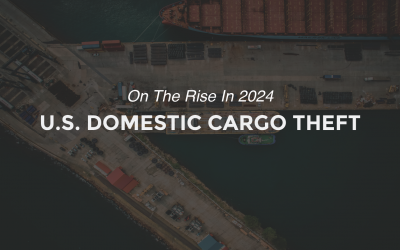Is there a difference between marine cargo insurance and air cargo insurance? It’s a question that often arises in the world of logistics and shipping, and it’s essential to clear up any misconceptions.
The good news is that all modes of transportation and all aspects of a supply chain can be covered under one comprehensive policy, typically referred to as your marine cargo insurance policy. In this article, we’ll clarify the scope of marine cargo insurance and highlight the benefits of shipping your cargo via air transit, all while emphasizing that these are not separate policies but rather components of a comprehensive insurance strategy.
Understanding Marine Cargo Insurance: Comprehensive Coverage for All Transits
Marine cargo insurance is a versatile and all-encompassing insurance solution that provides coverage for the transportation of goods, regardless of the mode of transit. Contrary to what the name might suggest, it isn’t limited to sea transport.
Instead, it covers goods transported via ocean, air, land, or a combination of these modes. This inclusivity ensures that businesses have a single, comprehensive policy to safeguard their cargo throughout its journey, from origin to destination. Whether your goods are traveling by ship, plane, truck, or train, a marine cargo insurance policy can provide the necessary protection against a wide range of risks, including damage, theft, accidents, and more.
Highlighting the Benefits of Air Cargo Transit
While marine cargo insurance encompasses all modes of transportation, it’s worth noting that air cargo transportation offers unique advantages for certain types of shipments. Air transport is known for its speed, which makes it ideal for time-sensitive cargo or goods with a short shelf life. It’s also suitable for high-value items, such as electronics, pharmaceuticals, and fresh produce, where rapid delivery and reduced transit durations are crucial.
Importantly, choosing air transit doesn’t mean securing a separate insurance policy; instead, it’s an aspect of your existing marine cargo insurance policy that can be tailored to meet your specific needs. This flexibility allows businesses to enjoy the benefits of air cargo transportation within the comprehensive coverage provided by their marine cargo insurance, ensuring their cargo is protected while taking advantage of the speed and efficiency of air transport when necessary.
Overall, marine cargo insurance is a comprehensive coverage solution that encompasses all modes of transportation, including air cargo transit. It’s not necessary to secure separate policies for each mode, as your marine cargo insurance policy can be customized to suit your cargo’s unique requirements. Understanding the flexibility of marine cargo insurance allows businesses to make informed decisions about their shipping strategies, taking advantage of air cargo transit when it aligns with their logistical needs.
Marine Cargo Insurance vs. Air Cargo Insurance
At TRG, we specialize in marine cargo insurance for businesses who are shipping goods worldwide. While we primarily write policies for goods being shipped via water vessels, cargo insurance can also be written for shipments that travel by air. On the surface marine cargo insurance and air cargo insurance are very similar, however when you dig into the policies, you’ll find distinct nuances that differentiate a policy written for an ocean freight versus an air freight.
Mode of Transportation
Marine Cargo Insurance: This type of insurance is specifically designed to cover goods transported via sea or waterways. It protects cargo during ocean voyages, inland waterways, and any related storage or handling.
Air Cargo Insurance: Air cargo insurance, on the other hand, is tailored for goods transported by air. It provides coverage for cargo being shipped by airplanes and typically covers various aspects of air transport risks.
Risk Factors
Marine Cargo Insurance: Marine cargo insurance often covers risks associated with sea transport and the policies are written to reflect that. This can include piracy, vessel accidents, sinking, and damage caused by saltwater, weather conditions, and rough seas.
Air Cargo Insurance: Air cargo insurance primarily focuses on risks related to air transportation so the perils are different. They could include aircraft accidents, cargo theft, damage due to turbulence or handling, and other aviation-related perils.
Premium Costs
Marine Cargo Insurance: Premiums for marine cargo insurance may vary depending on factors like the value of the cargo, the route, and the nature of the goods. It tends to be more cost-effective for longer sea voyages.
Air Cargo Insurance: Premiums for air cargo insurance are generally lower compared to marine cargo insurance due to the faster delivery times and reduced transit durations associated with air transport.
Speed of Delivery
Marine Cargo Insurance: Sea transport is generally slower than air transport, which means that cargo covered by marine cargo insurance may take longer to reach its destination.
Air Cargo Insurance: Air cargo insurance is suitable for goods that require rapid delivery, as air transportation is significantly faster than sea transport.
Finding the Right Cargo Insurance
The mode of Transportation isn’t the only variable to consider when choosing cargo insurance, but it’s an important one. If you’re in the market for a cargo insurance policy, TRG can talk to you about your options. We’ll help you find a policy that is the best for your shipment.







